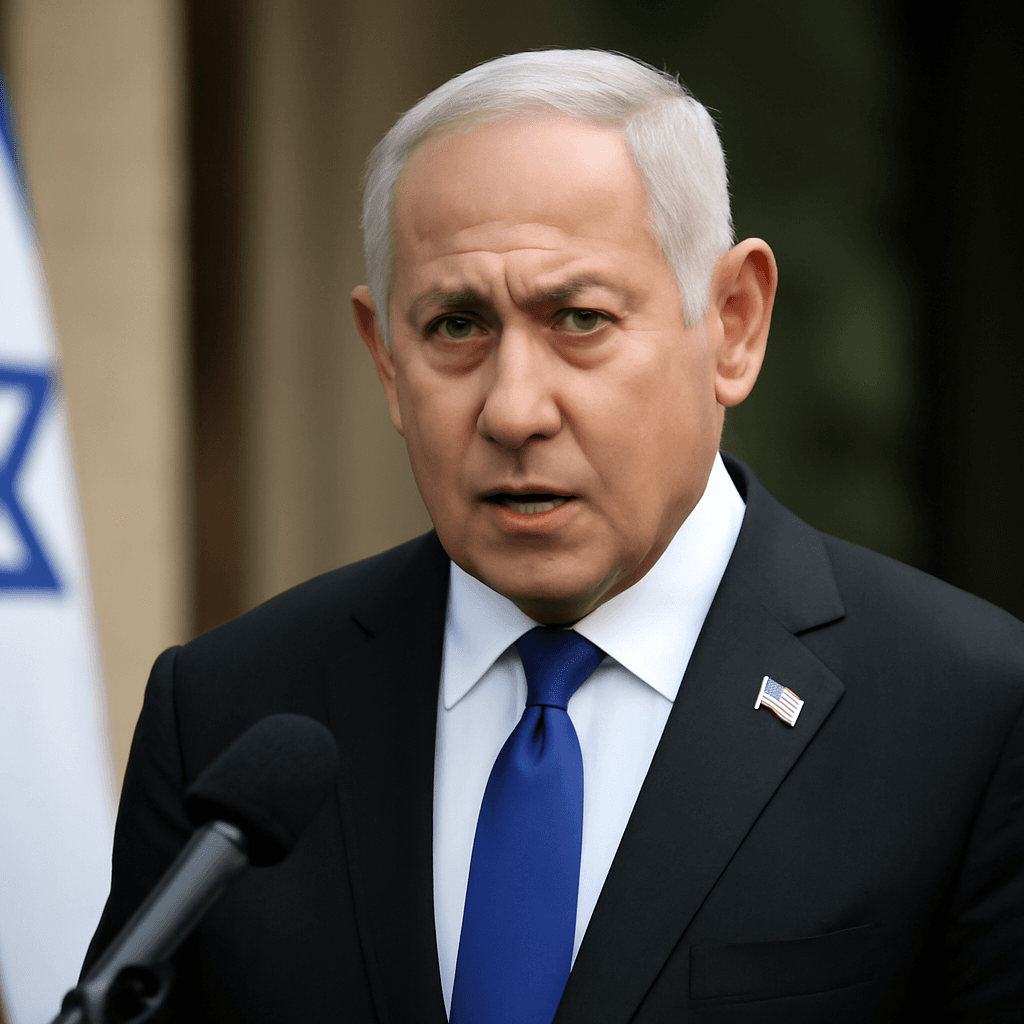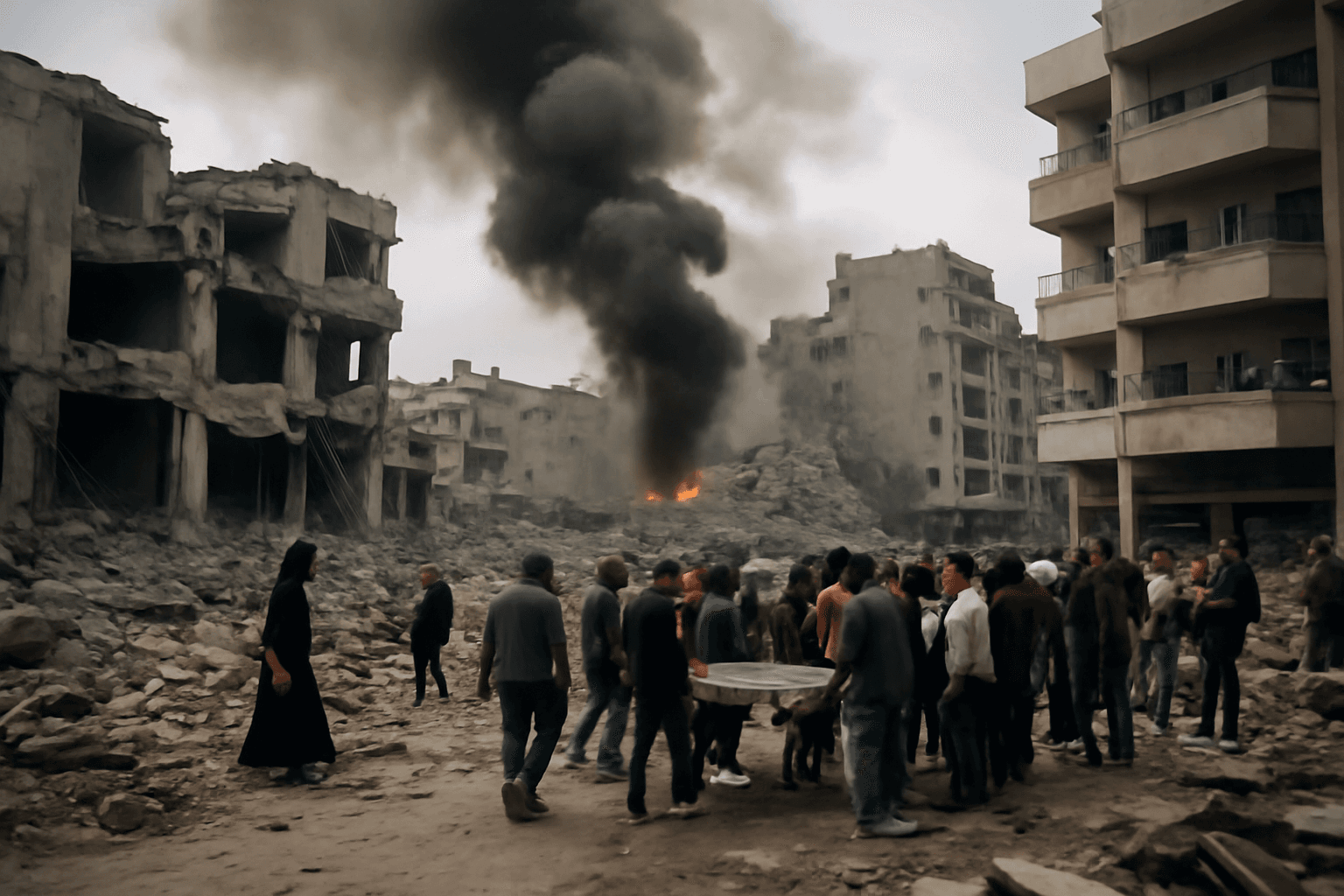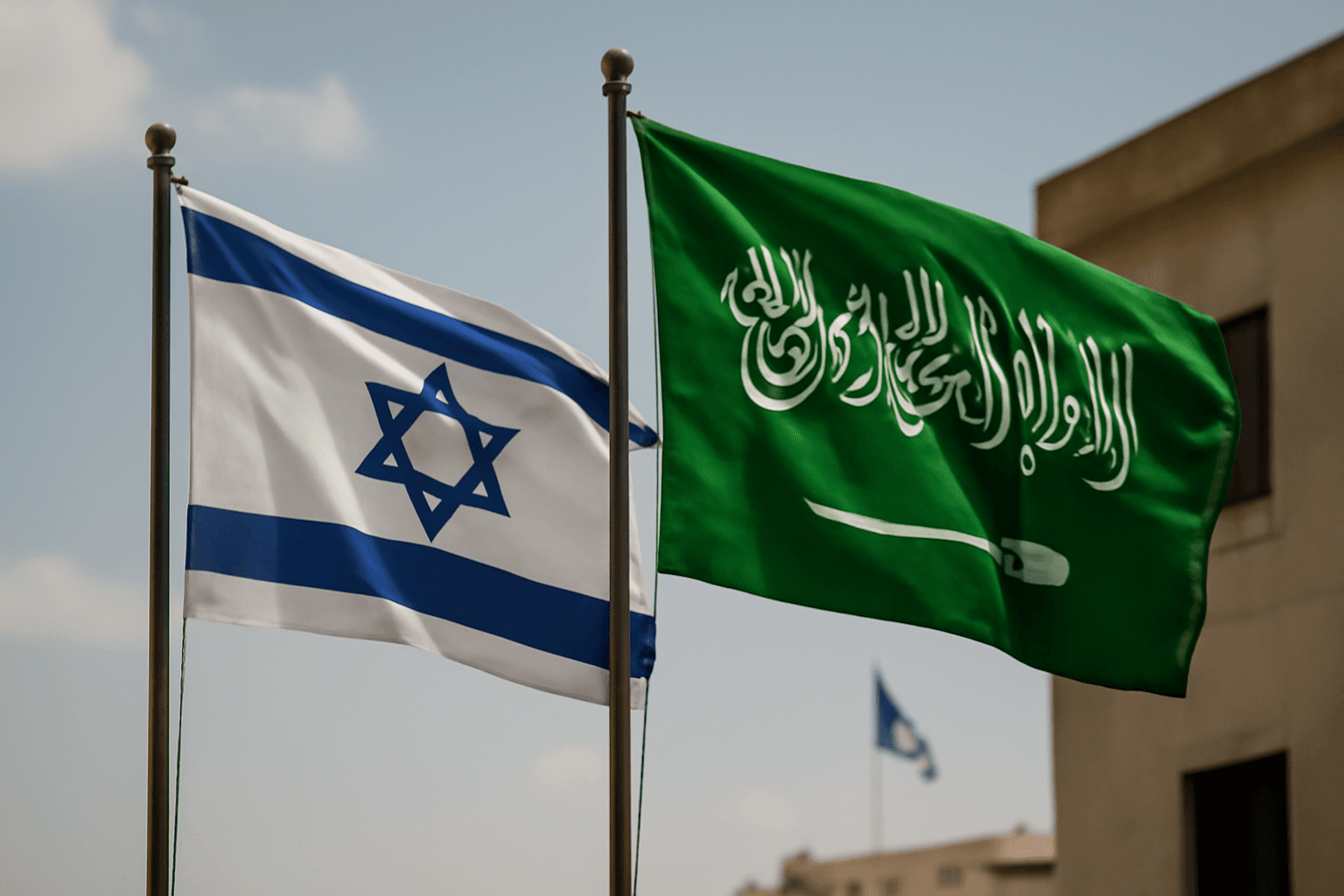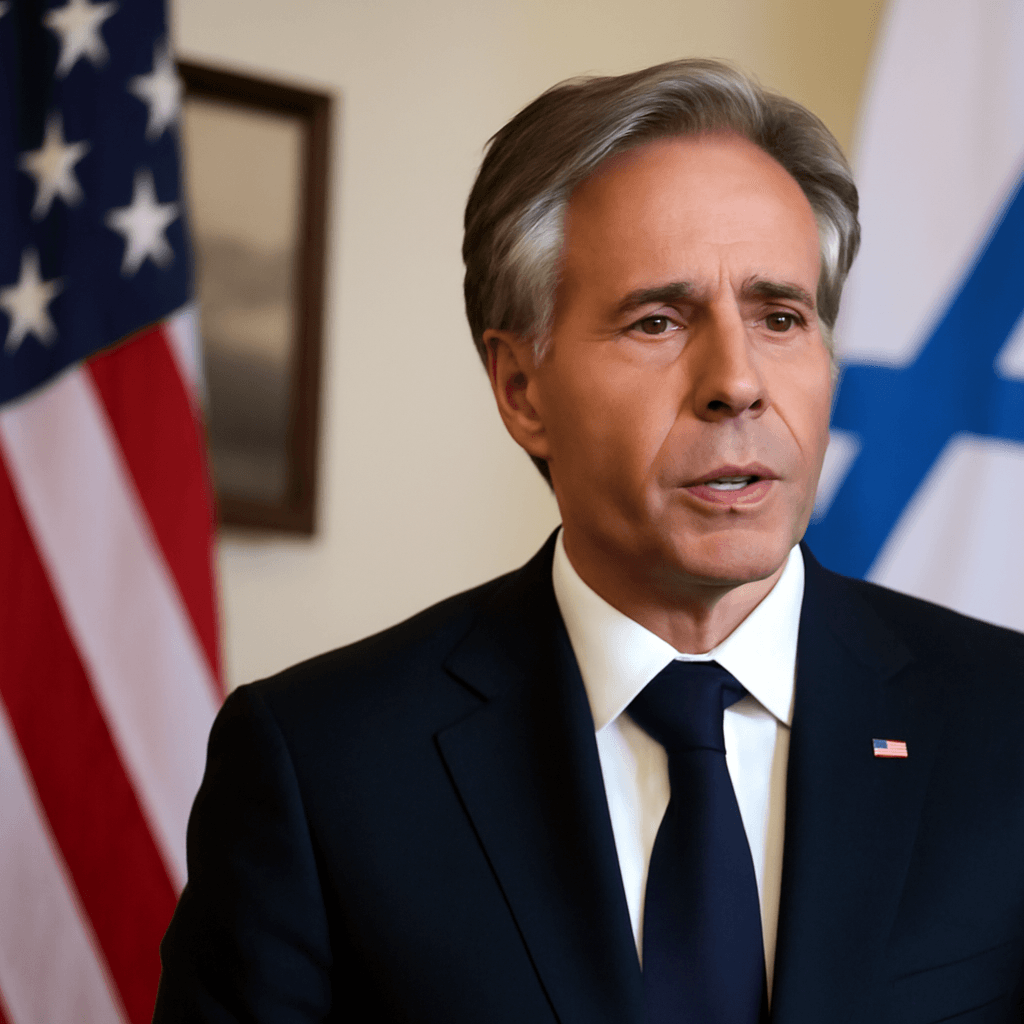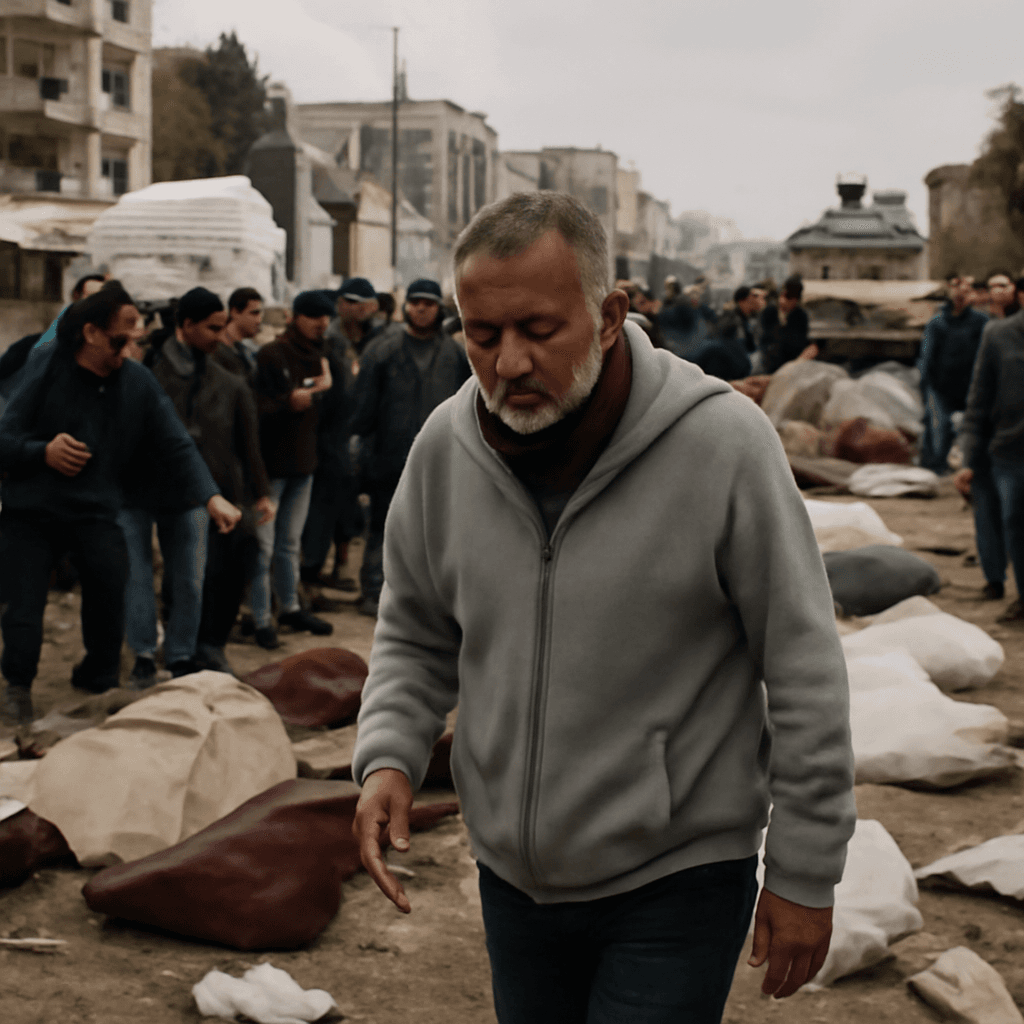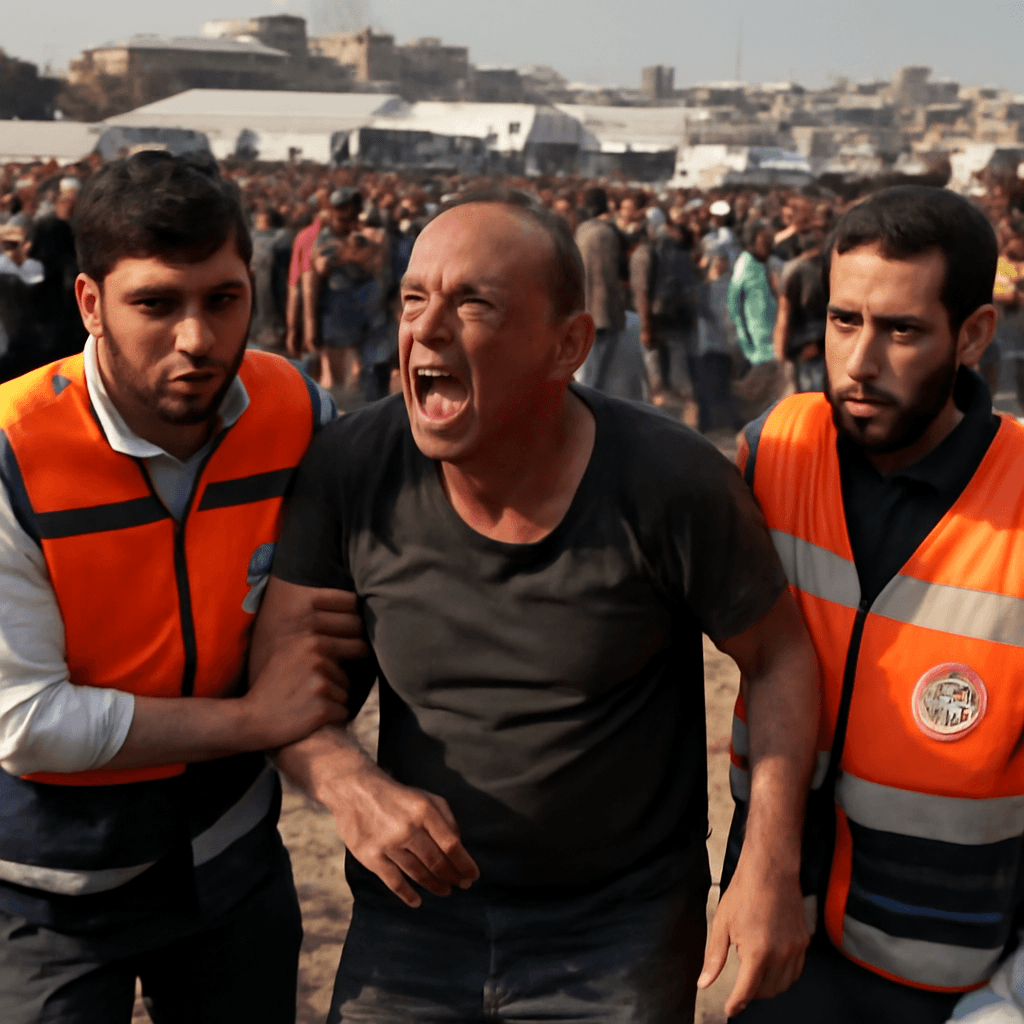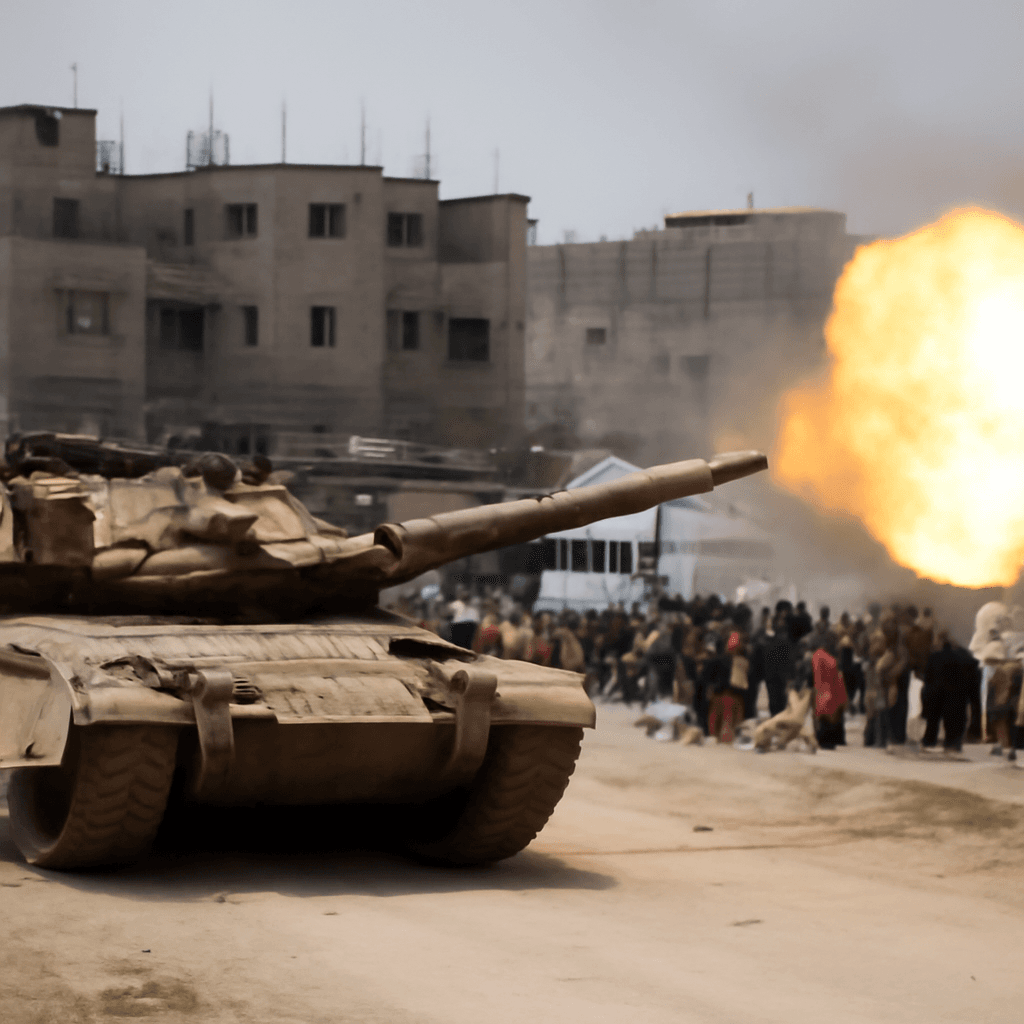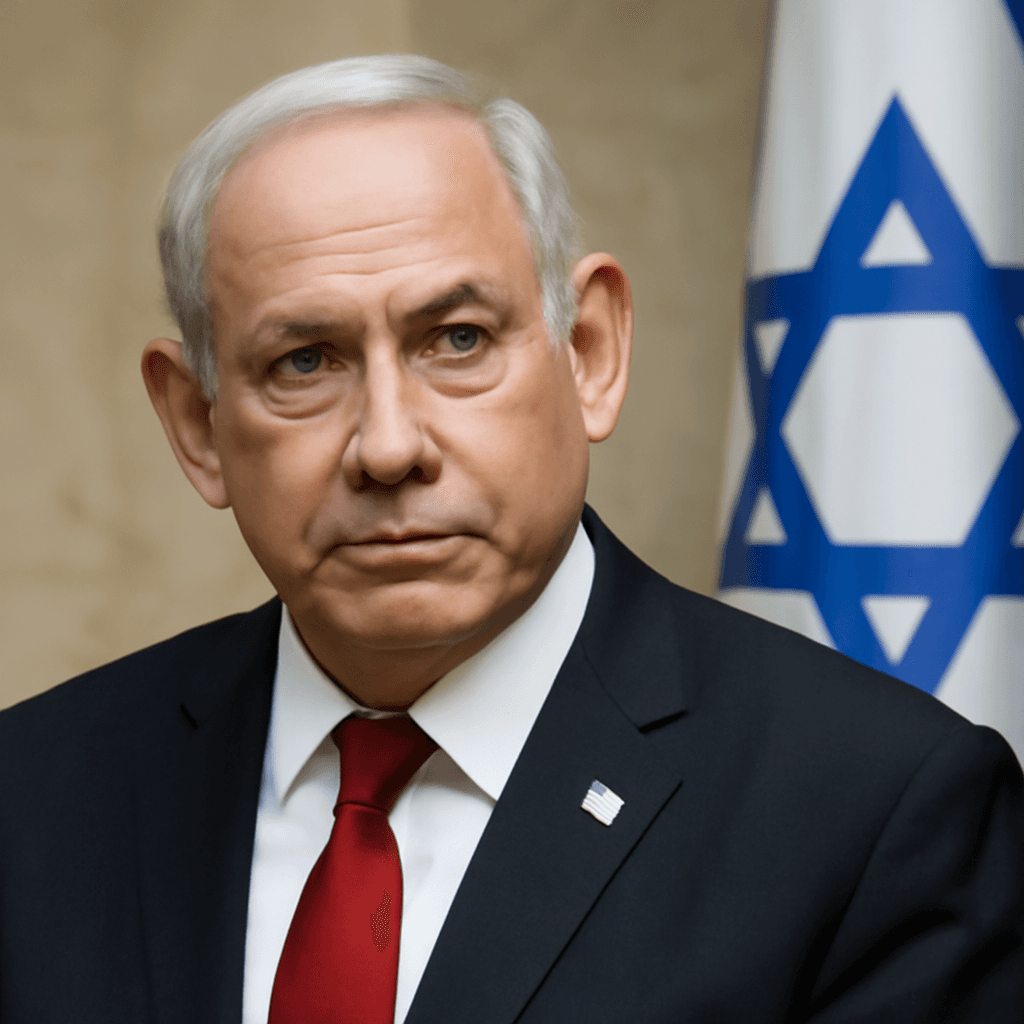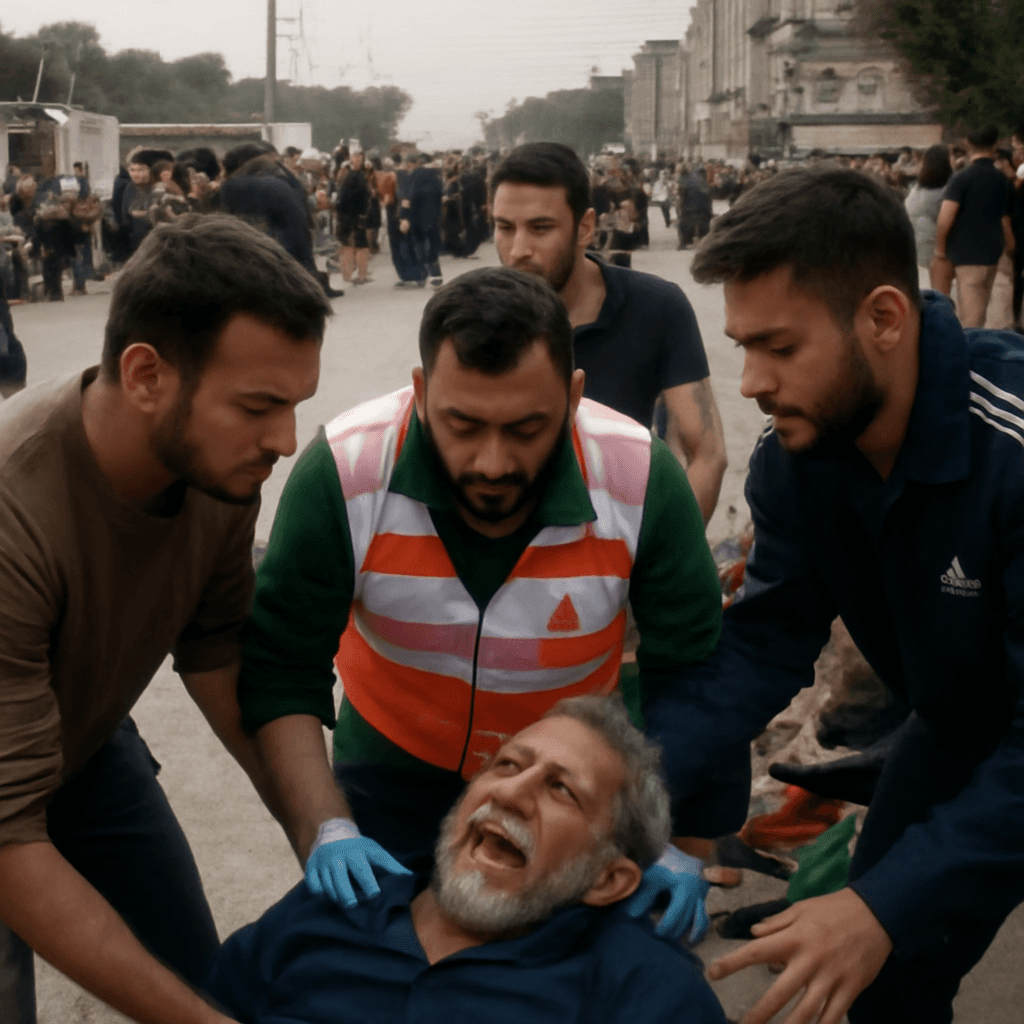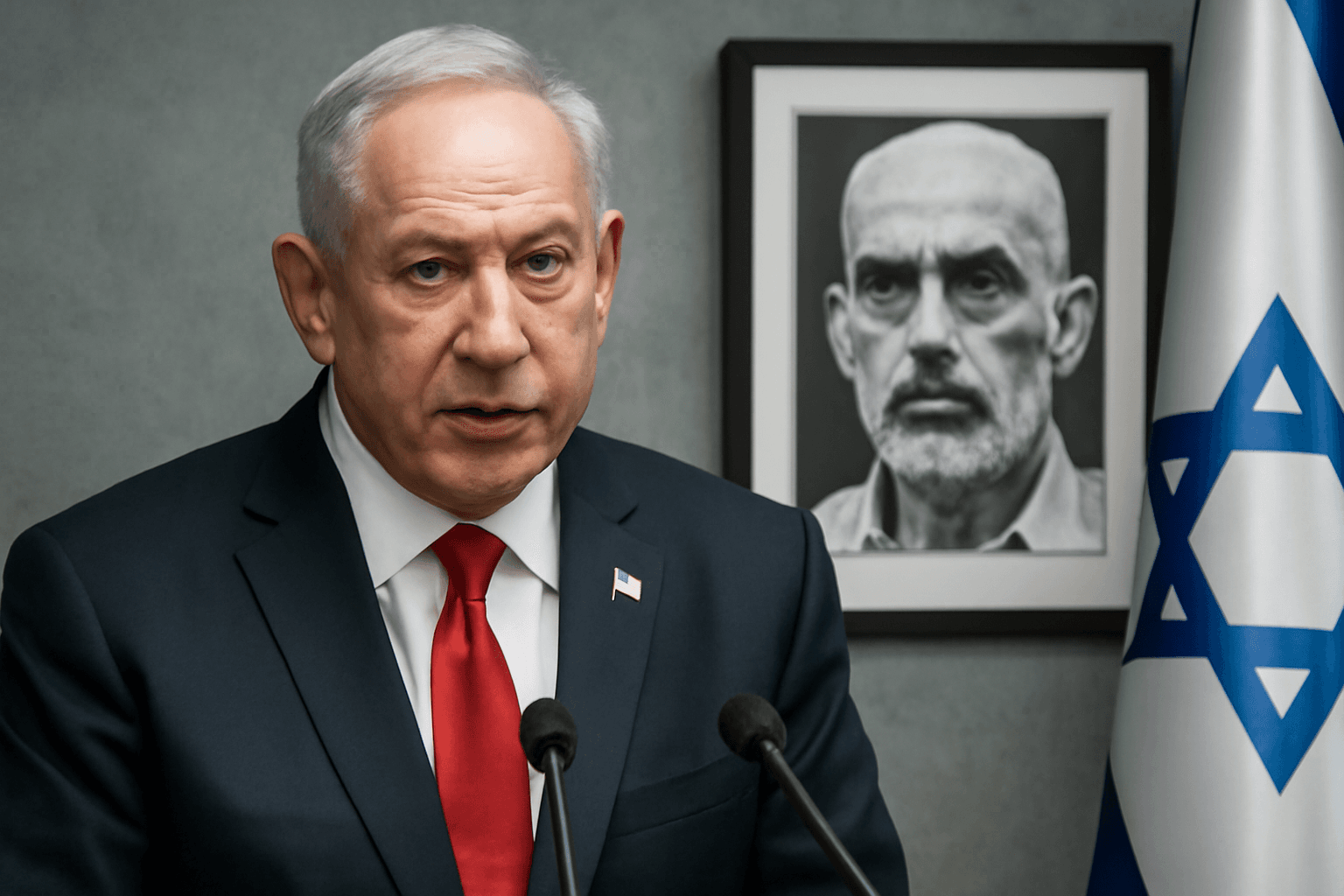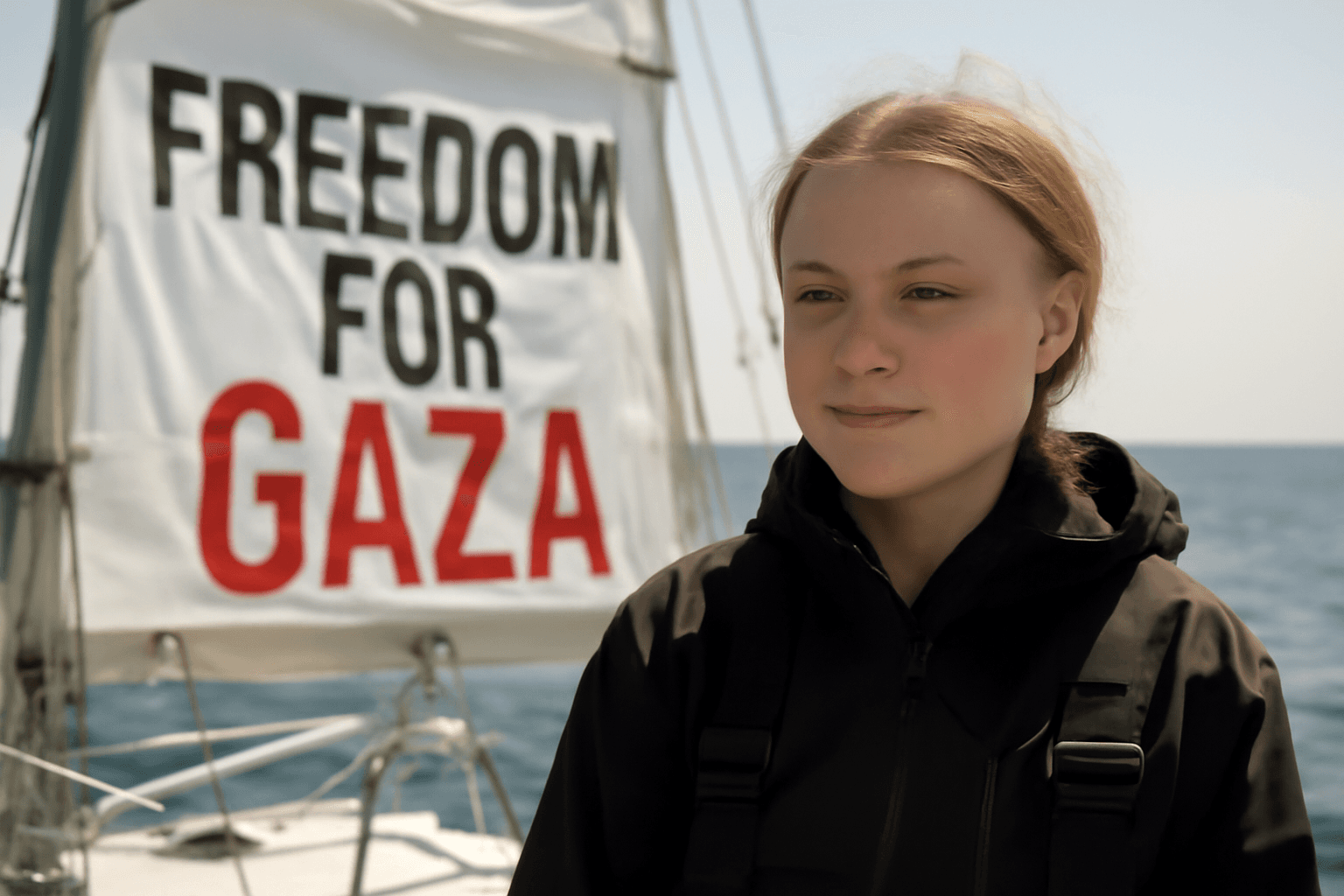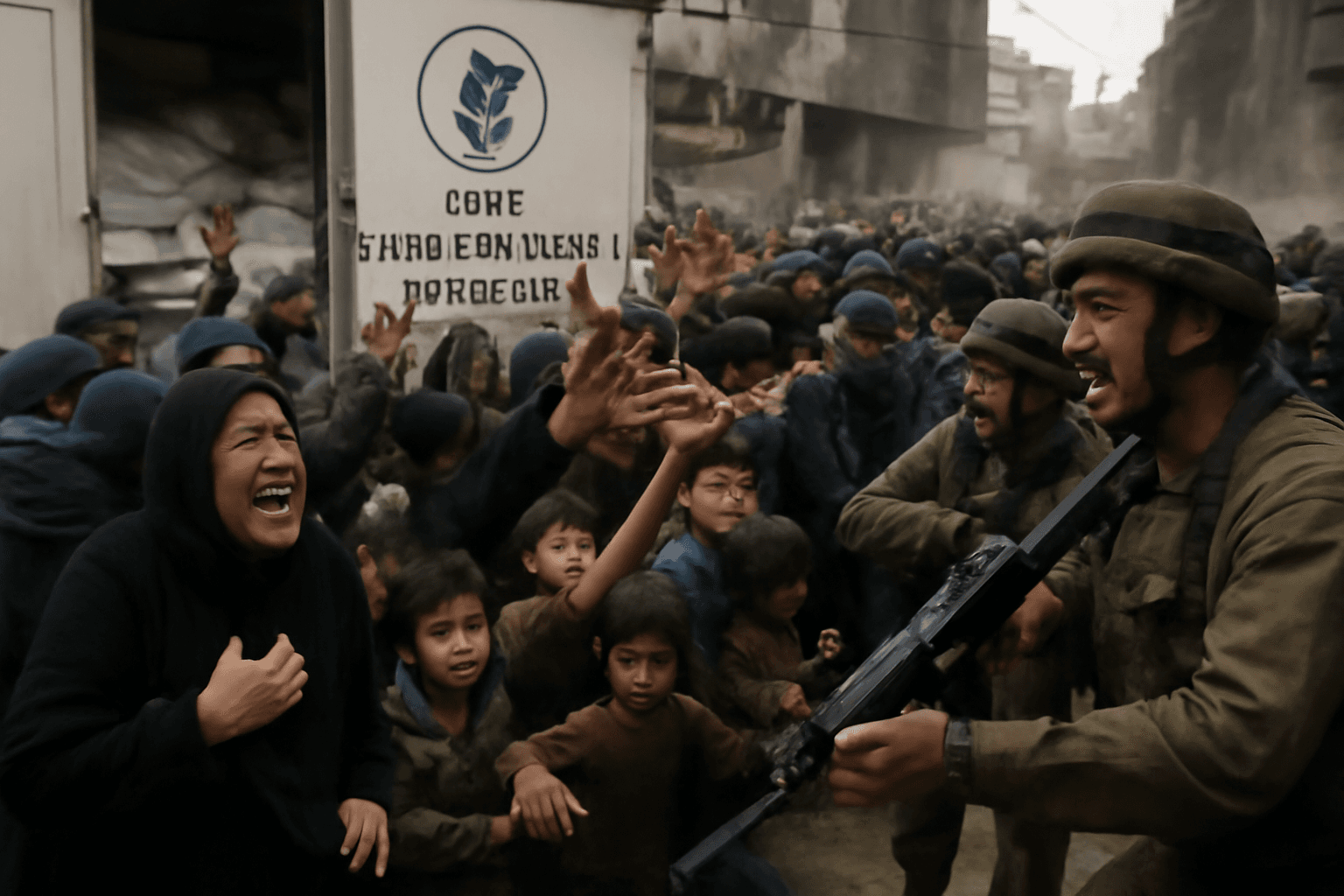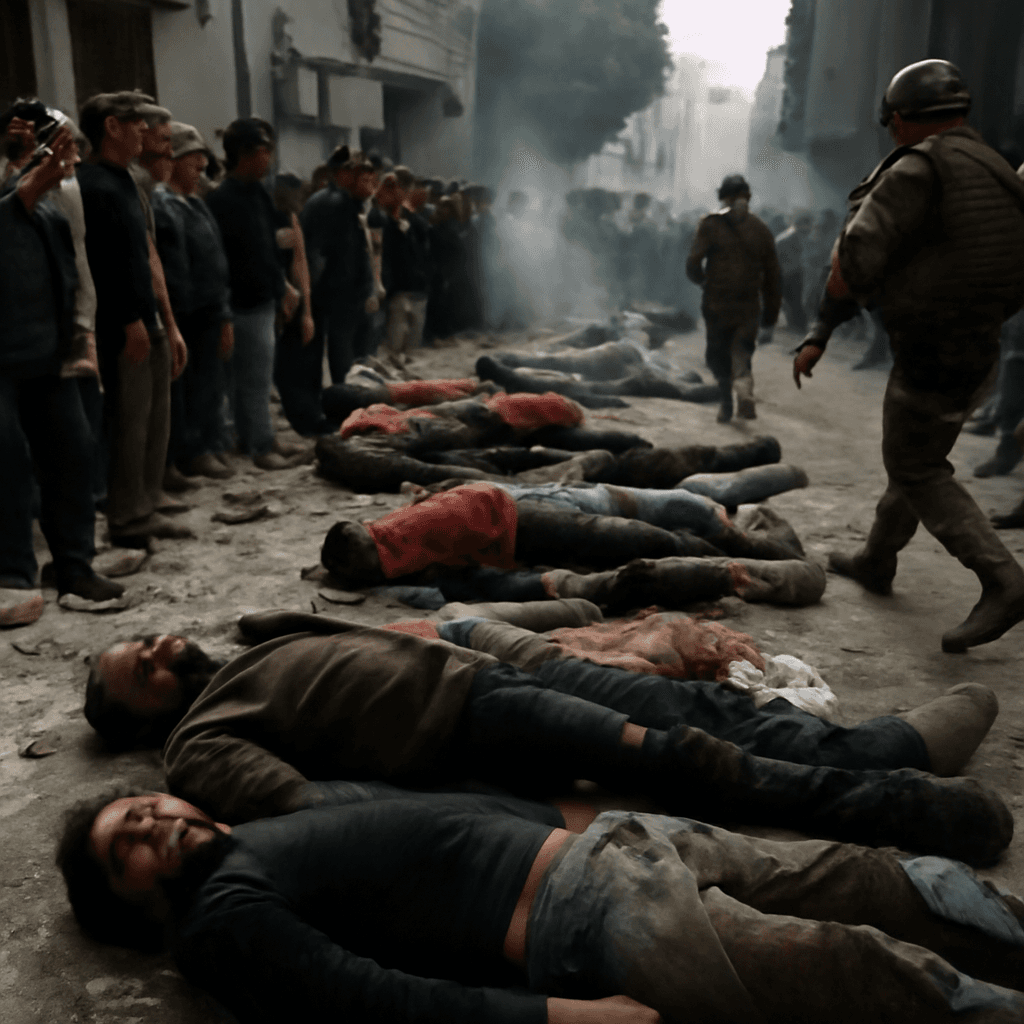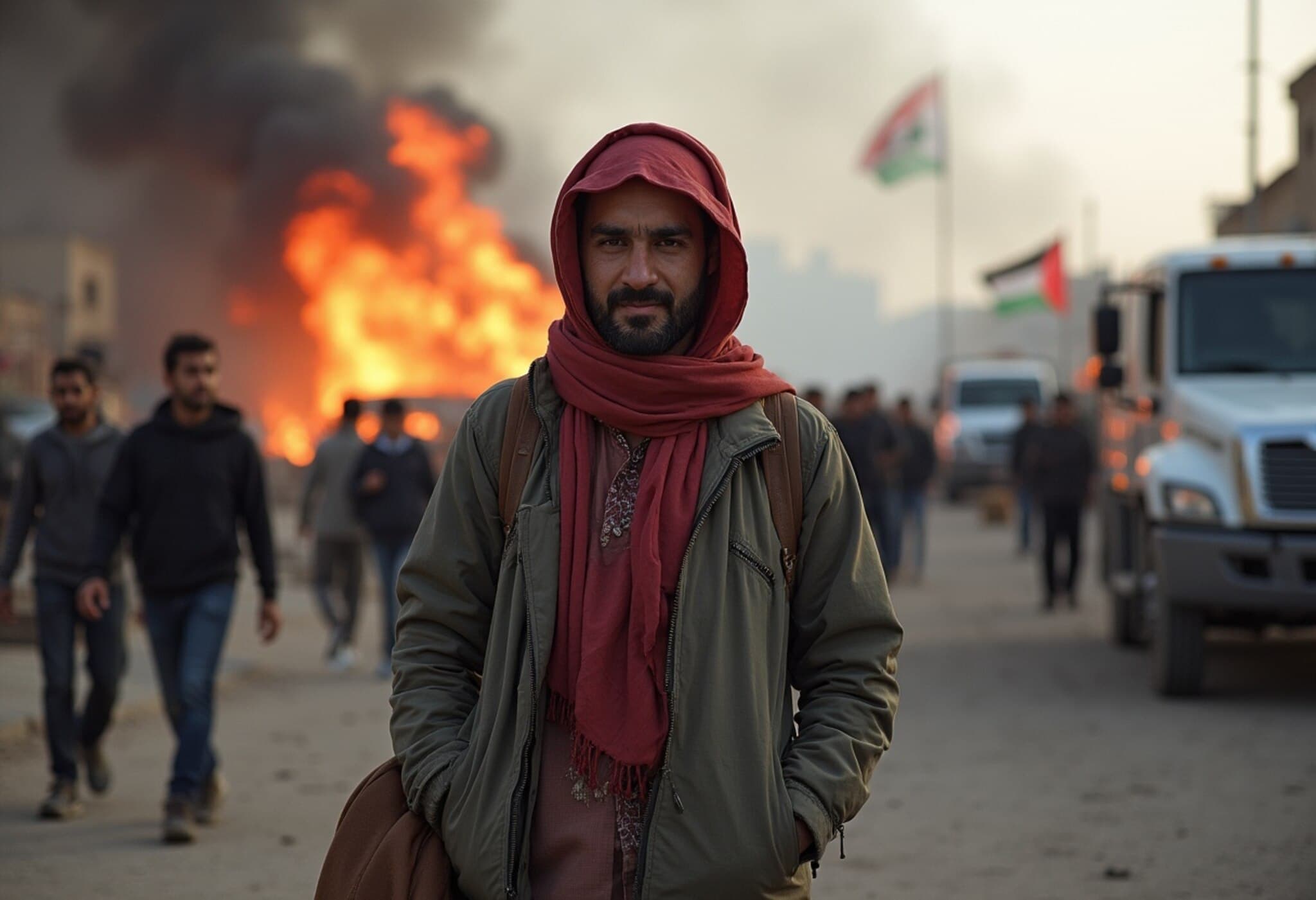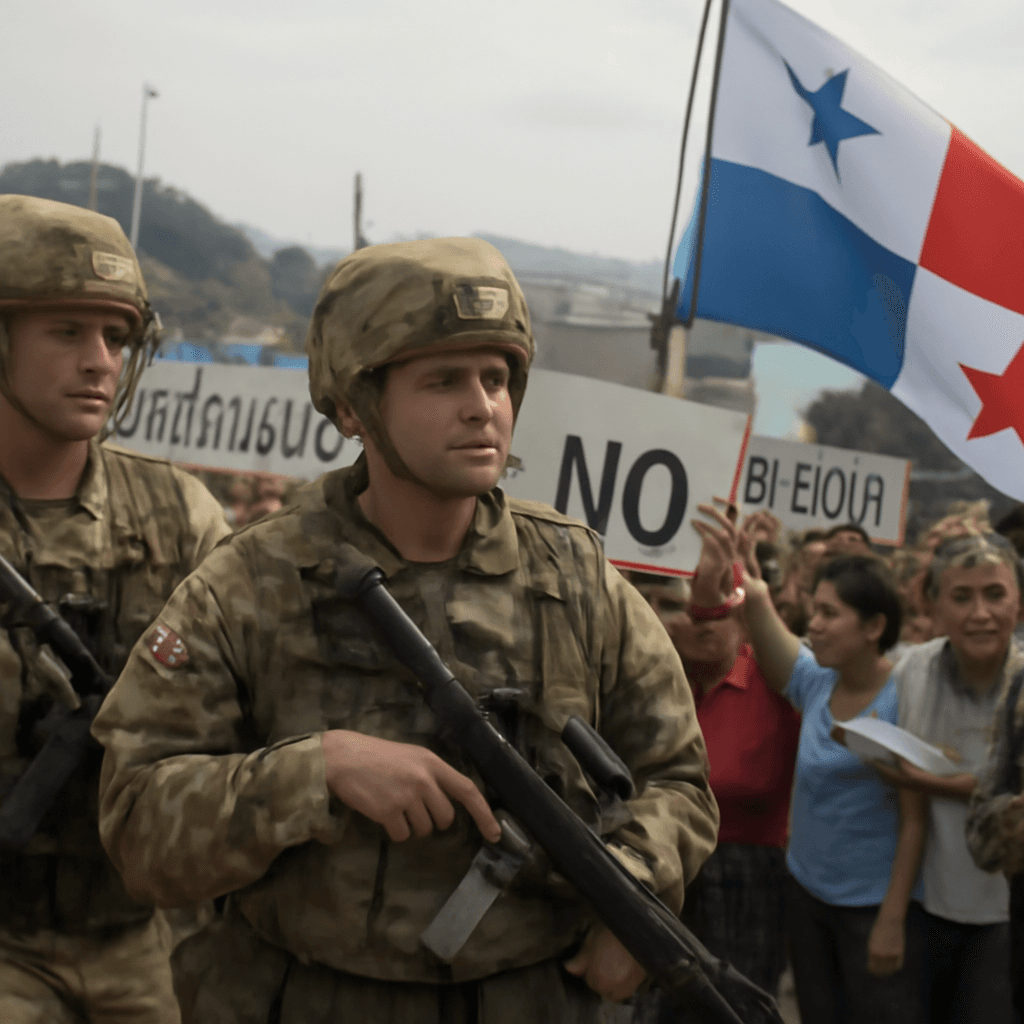Israel Acknowledges Support for Anti-Hamas Armed Groups in Gaza
Israeli Prime Minister Benjamin Netanyahu has publicly confirmed that Israel is backing an armed faction within Gaza that opposes Hamas. This disclosure follows intensive Israeli air operations in the Gaza Strip, which have resulted in significant casualties.
In a social media video statement, Netanyahu addressed reports regarding Israeli collaboration with local armed groups in Gaza. These groups, often labeled as criminal gangs by humanitarian agencies, have been accused of diverting food and aid supplies intended for civilians.
“What did Liberman leak? That security sources activated a clan in Gaza that opposes Hamas? What is bad about that? It is only good; it is saving lives of Israeli soldiers,” Netanyahu declared, referencing a former defense minister who initially revealed the plan.
Profile and Activities of the Supported Armed Group
This marks the first official acknowledgment by the Israeli government of its support for armed factions inside Gaza. The group identified is reportedly led by Yasser Abu Shabab, a leader based in Rafah, and believed to represent a Bedouin tribe with presence in both Gaza and Egypt's Sinai Peninsula.
According to senior Israeli sources, the faction is known as the Popular Forces, comprising approximately 100 fighters operating with Israel’s tacit approval. Earlier reports named the group as the "Anti-Terror Service." This group claims involvement in protecting aid convoys destined for distribution centers managed by the Gaza Humanitarian Foundation (GHF), which receives support from the US and Israel.
Controversies and Humanitarian Concerns
Despite such claims, humanitarian workers and local officials allege that this armed faction has been implicated in attacks against civilians and aid convoys, exacerbating Gaza’s already dire situation.
Former UN spokesperson Chris Gunness criticized the handling of aid distribution in Gaza, describing the situation as a "human abattoir," with civilians forced into tightly controlled distribution zones and subjected to violence.
Violence near aid points has markedly intensified. Reports indicate that over the past week, at least 100 people were killed while attempting to collect food, including multiple incidents where Israeli soldiers opened fire. The Gaza Humanitarian Foundation temporarily suspended operations following widespread condemnation but later reopened two centers without confirming when full aid delivery would resume.
Conflicting Statements and Ongoing Hostilities
Abu Shabab’s group denies any collaboration with Israel, asserting their independence and community support. In an online statement, they emphasized, “We have never been, and will never be, a tool of the occupation. Our weapons are old, and our people support us.”
Hamas, which has governed Gaza for nearly two decades, condemned the armed faction, labeling it a betrayer and accusing it of amplifying the humanitarian crisis through alleged coordination with Israeli forces.
Hamas political head Khalil al-Hayya noted that while the group had not rejected a US-proposed ceasefire, they requested modifications to ensure a lasting end to hostilities. Dialogue with international mediators remains ongoing.
Recent Violence and Casualties
Meanwhile, Israeli military operations continue unabated throughout Gaza. Health authorities report that at least 52 people were killed in recent strikes, including several children. Additionally, four journalists were killed during an attack on al-Ahli Hospital in Gaza City, highlighting the severe toll of the conflict on civilians and press personnel alike.

